- Reducing inflammation – This helps open up the airways.
- Preventing asthma attacks – Regular use makes breathing easier and reduces the chances of wheezing, coughing, and shortness of breath.
- Lowering mucus production – This keeps the airways clear.
- Use every day, even if you feel fine.
- Follow your doctor’s instructions on how many puffs to take.
- Rinse your mouth with water after using it to prevent infections like thrush.
- If using another inhaler (such as a reliever inhaler like salbutamol), use the reliever first, then wait a few minutes before using Beclometasone.
- Hoarse voice
- Sore throat
- Oral thrush (a fungal infection in the mouth)
- Coughing
- Asthma that needs regular treatment.
- COPD with breathing difficulties.
- Frequent wheezing or shortness of breath.
- Are allergic to Beclometasone or other steroids.
- Have tuberculosis (TB) or a lung infection.
- Are pregnant or breastfeeding (a doctor will advise on safety).
What is a Beclometasone Inhaler?
A Beclometasone inhaler is a type of medicine used to help people with asthma and chronic obstructive pulmonary disease (COPD). It is a preventer inhaler, which means it helps stop symptoms before they happen.
Beclometasone is a steroid (corticosteroid) that reduces swelling and inflammation in the airways, making it easier to breathe.
How Does It Work?
When you use a Beclometasone inhaler, the medicine goes directly into your lungs. It works by:
How to Use a Beclometasone Inhaler
Benefits of Beclometasone Inhalers
Prevents asthma attacks when used regularly.
Reduces lung inflammation for easier breathing.
Helps control long-term asthma symptoms.
Safe when used correctly under medical supervision.
Possible Side Effects
Most people do not experience serious side effects, but some may include:
These can be reduced by using a spacer device and rinsing your mouth after use.
Who Should Use It?
Beclometasone inhalers are good for people who have:
Who Should Not Use It?
You should speak to a doctor before using if you:
Conclusion
Beclometasone inhalers are important for managing asthma and COPD. They help prevent attacks, reduce inflammation, and improve breathing over time. For best results, use them every day as prescribed by your doctor.

 Cart is empty
Cart is empty 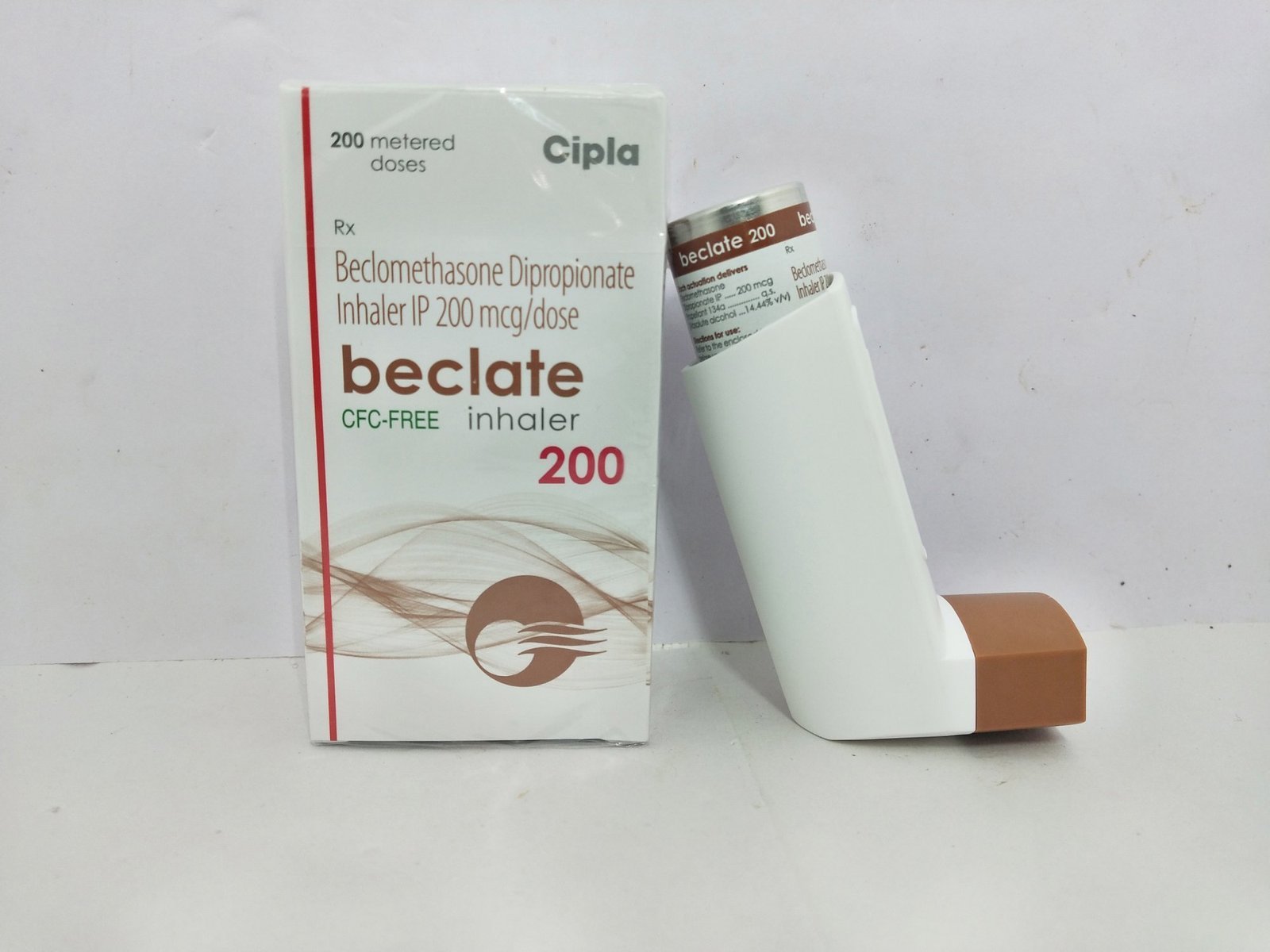
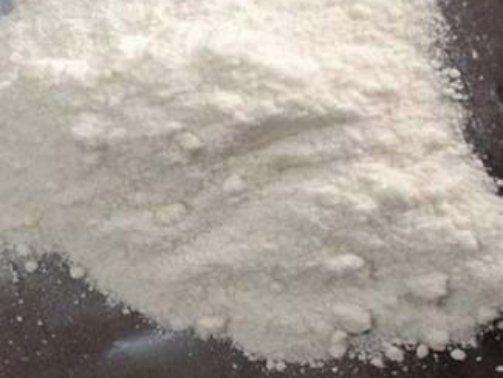
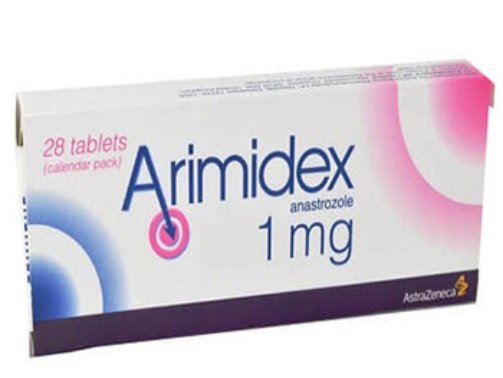
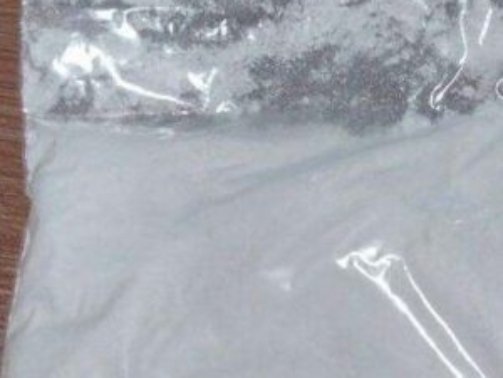



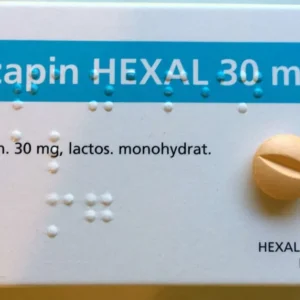
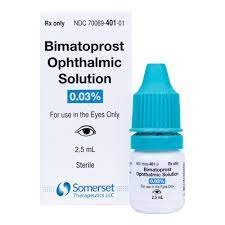
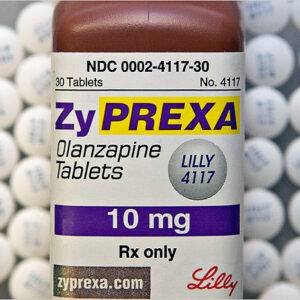
Reviews
There are no reviews yet.